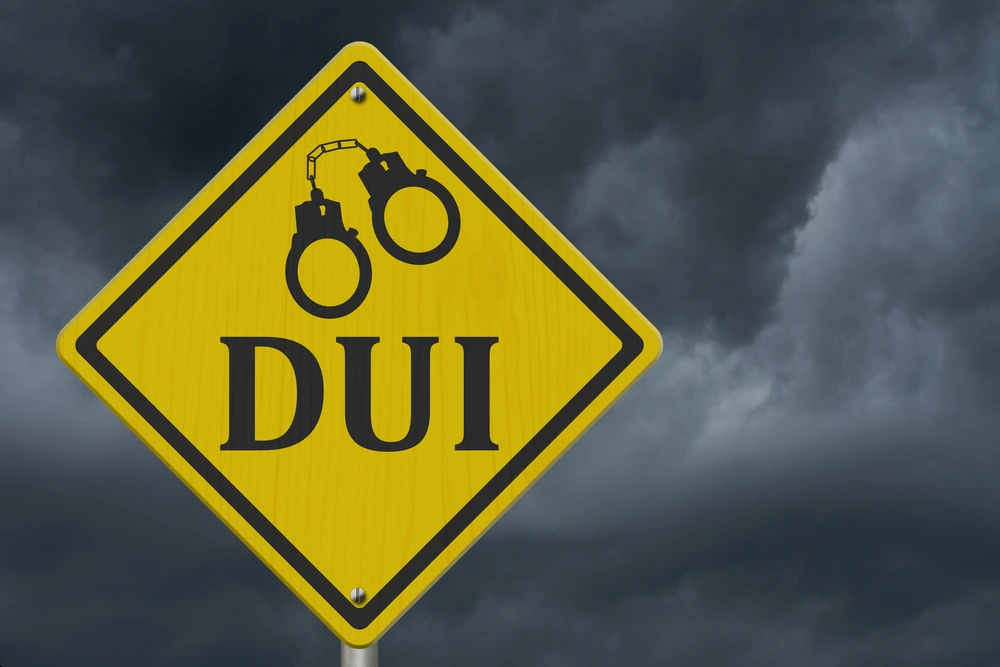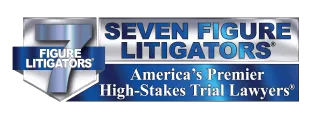When a driver is under the influence of alcohol or drugs during a car accident, it can make a big difference to an accident claim and affect who is held responsible. Being impaired can also lead to criminal charges and impact insurance payouts. If you’ve been in an accident where drugs or alcohol are a factor, talk with a car accident lawyer in Laramie, Wyoming as soon as you can. A personal injury attorney will know how to look through the evidence, interpret it properly, and protect you from any unfair blame.
From a Car Accident Lawyer: How Alcohol and Drugs Impact Car Accident Claims
In Wyoming, a DUI can be charged if a driver’s blood alcohol concentration (BAC) is 0.08% or higher or if drugs impair their ability to drive safely. If a driver causes an accident while they’re intoxicated, they will face extra penalties under Wyoming Statutes § 31-5-233, and it’s important to know that a person can be arrested for a DUI even if their BAC is lower than 0.08% if their behavior indicates they are mentally or physically unfit to be driving.
In an accident claim, DUI charges make it much harder for the impaired driver to avoid blame. Wyoming follows a “comparative negligence” rule that allows for fault can be shared among all the involved drivers; but a DUI conviction would strongly suggest the impaired driver was negligent, which means they’re likely to be assigned most or all of the fault, depending on the circumstances. In that case, they would be unable to collect any damages.
How a DUI Affects Insurance Claims
Insurance companies will closely investigate any accident claims where alcohol or drugs are involved, and if a driver is found to be under the influence, their insurer may deny them coverage for damages or injuries. Nearly all insurance policies have policy exclusions for illegal acts. This means the impaired driver would have to pay out of pocket for repairs, medical bills, or other losses, even if they have insurance.
For the other party in the accident, the impaired driver’s DUI can strengthen their claim; but the downside is that they are likely not going to be able to get anything from the insurance company. They’ll have to go after the driver, and the driver may simply may not have the resources to cover medical bills, property damage, lost wages, and pain and suffering for everyone involved. Be sure to talk to a lawyer, however, as this is not always the case.
Challenges in Proving Impairment
Proving a driver was under the influence is important to proving fault, and police reports, breathalyzer results, or drug tests can all provide evidence. It’s important that all this evidence be collected properly to hold up in court, and your lawyer can verify that it was before using it.
Drivers can also refuse tests, but this does lead to automatic license suspension under our state’s implied consent laws. While that can be a serious consequence for the driver, the complication for personal injury comes if there’s no definitive test result to rely upon. If you’ve only got a field sobriety tests, these can be much easier to challenge, and especially after an accident, when the driver and their lawyer can always claim that failure to pass the test was related to the adrenaline and stress of the moment.
Defenses Impaired Drivers May Use
One common defense is challenging the evidence of impairment. For example, if a breathalyzer test was improperly administered or a drug test result was inconclusive, a lawyer may use this to argue that there’s no proof the driver was legally intoxicated. The law does lay down some precise procedures for DUI testing, and any errors that the police make here could weaken the case against the driver.
Another defense would be challenging what caused the accident. While the fact that a driver was impaired will certainly weigh heavily against them, that in itself does not actually prove that they caused the accident.
For instance, if another driver ran a red light, and the impaired driver was going legally through the intersection, the impaired driver would have a good shot at arguing that their intoxication didn’t contribute to the accident. However, the courts often view DUI as strong evidence of negligence, so it’s an uphill battle for a driver who was impaired to claim that their impairment had no or little impact on the accident.
Victim’s Perspective in DUI Accident Claims
For victims of a crash caused by an impaired driver, the DUI will be good evidence to strengthen their claim. Courts are more likely to award damages when the at-fault driver was intoxicated, and the courts may even award punitive damages in some cases. Punitive damages don’t reimburse the victim for any losses. They are designed solely to punish the negligent party, and while they are rare, some DUI cases qualify if it can be shown that the impaired driver acted with extreme disregard for safety.
Remember, however, that no matter how clear the DUI, you as a victim must still prove that the impaired driver caused your losses. Police reports, witness statements, and test results are all key here. You may also need video and photographic evidence, black box information from the vehicles, and the help of accident reconstruction experts to put the pieces of the puzzle together. Simply because the other driver was impaired does not make a case a slam dunk, and it’s still vitally important to work with a personal injury lawyer.
If you share any fault in the accident, bear in mind that Wyoming’s comparative negligence rule will reduce your compensation by the same percentage as your fault. For example, if you were texting when the accident happened and are found to be 30% at fault, your payout would also drop by 30%. Having an experienced lawyer is important here, too. Your lawyer will investigate the accident thoroughly, not only to prove the fault of the impaired driver, but also to protect you from being assigned more fault than you actually should bear.
Bringing a Claim With Your Laramie, Wyoming Personal Injury Attorney
If you’re involved in a Wyoming accident with a DUI driver, take steps to protect your claim and your rights. First, call 911and make sure the police document the crash and test the driver for impairment. Be sure to get the names of the responding officers and a copy of the report. This is especially important in a DUI situation, since the other driver may be arrested before you can get their information.
Collect all the evidence you can, if you’re physically able to do so, like photos of the scene and witness contact information. Next, report the accident to your insurance company, even if you’re not at fault, to get the claims process started. Then, schedule a consult with a lawyer who is familiar with Wyoming’s DUI laws and how a DUI can affect a personal injury claim. Your lawyer can help you consider issues of fault, gather more evidence that might not be available to you personally (like breathalyzer results), and help you explore all the legal options.
If you’ve been in an accident caused by an impaired driver, we can help. Visit the Ochs Law Firm in Laramie, Wyoming today. We also serve Jackson, Casper, Cheyenne, Cody, Gillette, and Idaho Falls.







